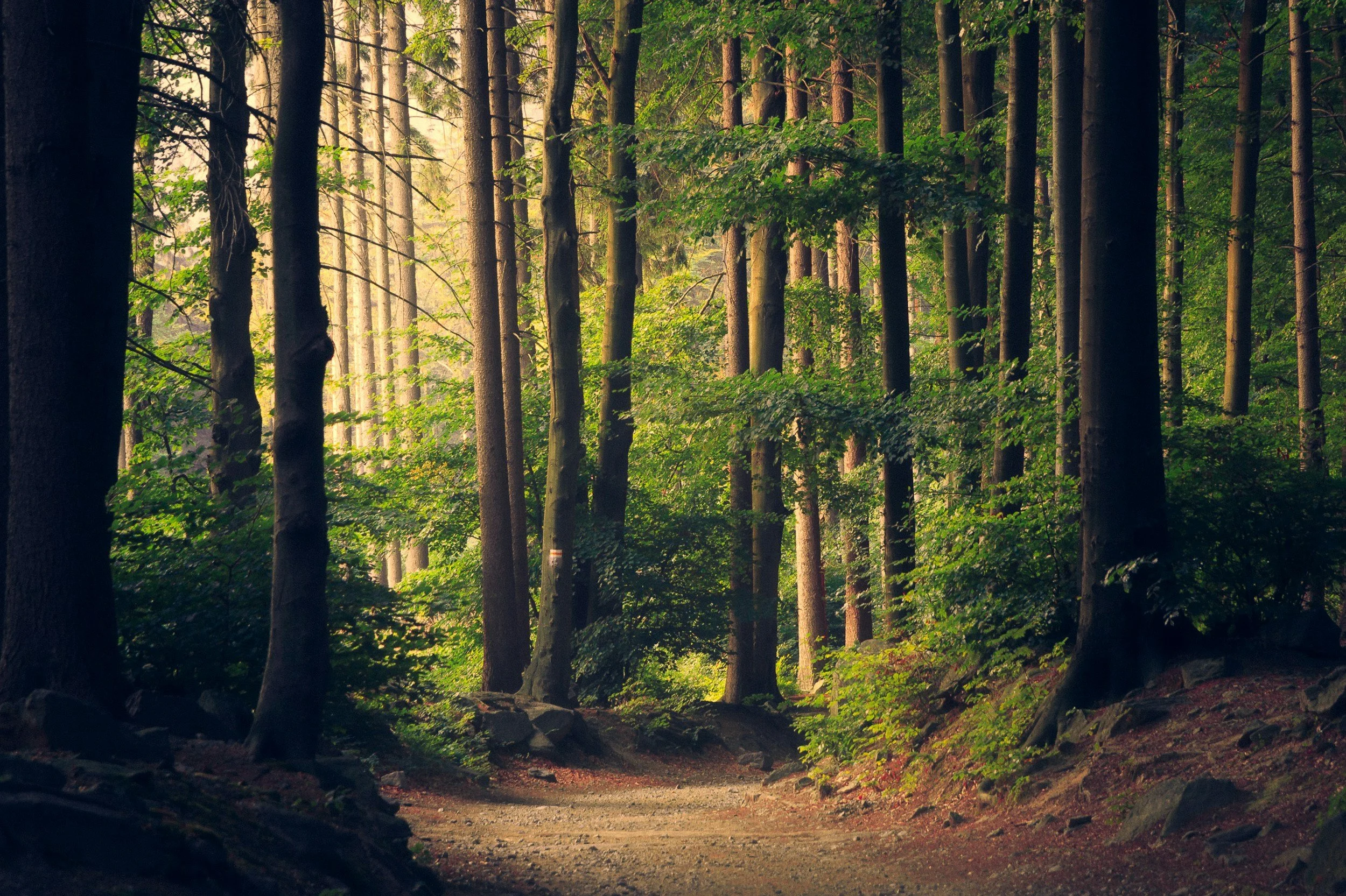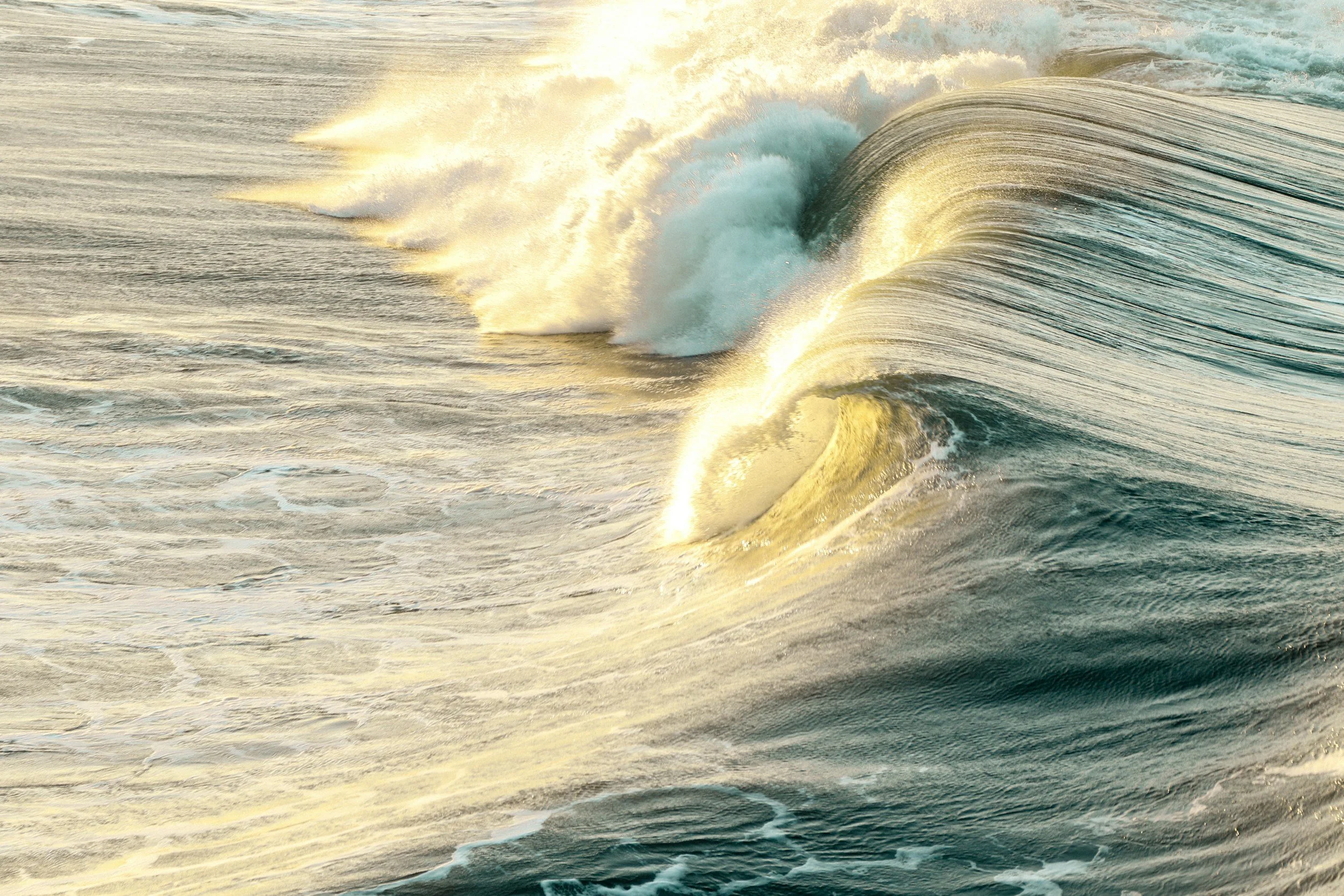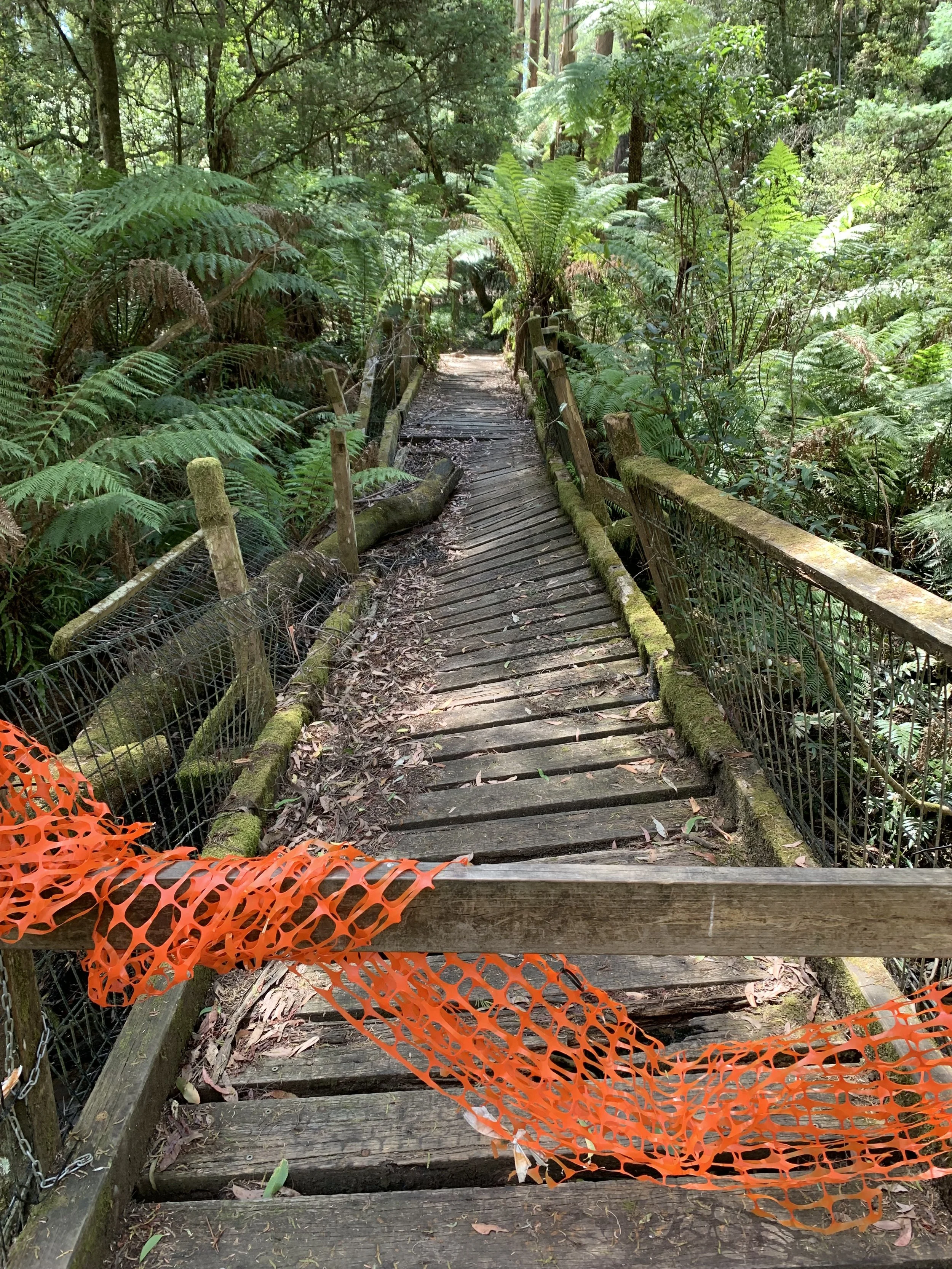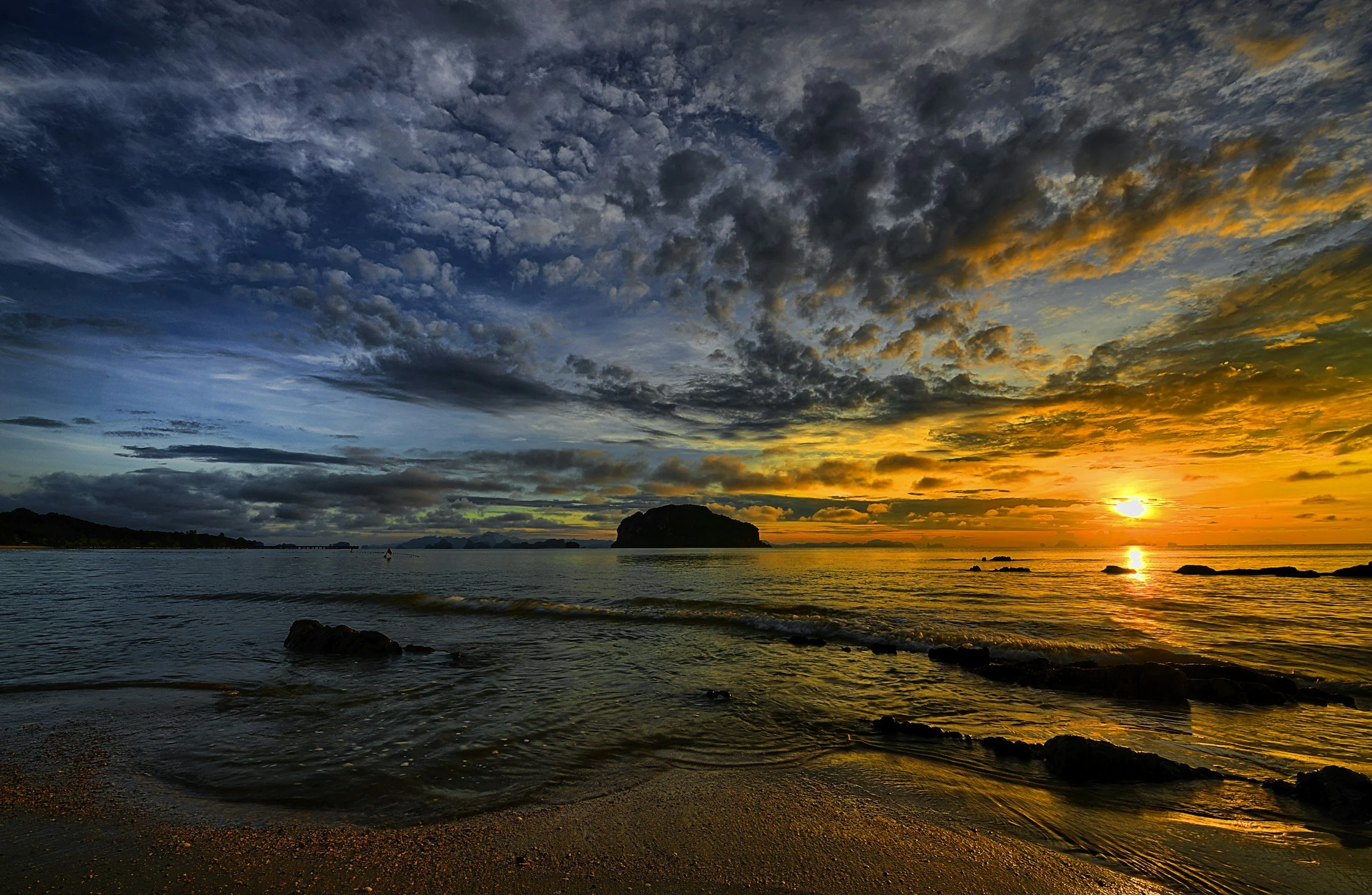The Nature of connection
To be honest I feel like my relationship with nature is still in it’s infancy. While I’ve always been comfortable in the great outdoors, I’ve only recently started to think about the importance of time spent in nature. As a teenager I enjoyed being in nature but it was never something I thought of as a big part of my life. Aside from the occasional camping or rock climbing trip the closest I got to nature was the park across the road from my house.
My first really memorable experiences with nature was the few weekends I spent at a friends family’s holiday house near the Rye back beach. This was my first introduction to surfing. I was amazed by my friends ability to know if the surf was any good based on the direction of the wind and the sound of the waves a few hundred metered away from the beach. I remember sitting at breakfast watching my friend decide if he was going straight to put his wetsuit on or if it wasn’t worth it based purely off the sound of waves crashing in the distance.
My first time paddling out in the ocean with what felt like giant waves crashing down around me was terrifying and exhilarating. The constant attention that the ocean required to make sure I wasn’t going to get buried under a few feet of salt water was exhausting.
While I never got the hang of surfing, I definitely appreciate and respect the ocean. Standing on a windswept beach with dark waves crashing down every few seconds is an awesome experience and looking across the waves to the distant horizon is something that fills me with a sense of wonder that is only matched by the night sky on a clear, dark night.
These days my relationship with nature is slightly less dramatic. I find myself craving time in green spaces, amongst tall trees on shady paths with the sound of birdsong in my ears. Softly dappled light filtered through green leaves swaying in the gentle breeze gives me a sense of peace.
I’ve found that as the pace of my life has gotten faster, the more I feel I need time in nature where everything moves at a different speed. I often look at the trees and think of the hundreds of years they have stood in the one spot. Not needing to go anywhere. No sense of urgency. Yet so much life experience.
I’ve been going into nature regularly for a few years now. Not as much as I’d like, and it’s still doesn’t feel ‘natural’ for me to just head off into the forest. It’s still an effort to get over the inertia of the city. I know I will enjoy it and feel better if I get out there but I often find myself procrastinating or distracting myself with a variety of unsatisfying activities.
When I do get out of the city and into nature I like to walk, usually alone. When I start a walk and I know it’s going to be fairly long, say over three hours I can sometimes feel a huge sense of loneliness which can make me want to turn back. I don’t know what this feeling is about. Maybe it’s fear of the unknown. Fear of getting lost. Maybe it’s Nature saying it’s not ready to let me in.
I’d never really taken the time to explore this feeling until just now. Usually the feeling doesn’t last long and maybe I’m afraid that if I stop to consider it before setting of on a hike I might never take that first step.
Nature always feels like it’s a place I have to travel to and the start of the trail doesn’t feel as much like being in nature as the middle or the end of the trail. Even if the trail ends in the same place it starts. So it always seems to make more sense to stop and appreciate nature somewhere in the middle of the trail or once I’ve returned.
But maybe there’s value in taking a moment at the start of a walk to acknowledge the fact that I feel like an outsider and make an agreement with myself and nature.
Part of my reason for missing this important part of these experiences might have something to do with my cultures inability to properly acknowledge life transitions. We are always coming or going and never fully appreciate the transitional spaces. We just want to get to wherever it is we are going. But these liminal spaces are important. It gives us a place to acknowledge the fear of the unknown ahead but also account for and honour all that we leave behind.
“I had learned from my travels and previous expeditions… that it was a Russian tradition to sit in a chair, on a tree trunk, or on the first available large rock for a couple of minutes before embarking on any sort of long journey. They would then empty themselves out, think about those they were leaving behind, worry about whether or not they had shut the stove off, hidden the body, who knows what else?” (Tesson - On The Wandering Paths pg.2)
In writing this, I realise I have taken my relationship with nature for granted—walking among its trees, following its trails, never stopping to ask permission or acknowledge the exchange taking place. It makes me think about how we often overlook our most valuable relationships, whether with loved ones or with ourselves. If I see nature as something ‘out there,’ separate from me, it’s easy to forget that I am nature. My relationship with the natural world is, at its core, a reflection of how I relate to myself.
I often feel nature’s ability to regulate me—its steady rhythms calming my nervous system, its vastness making my worries feel small. But if there is co-regulation in human relationships, and between humans and animals, then what does it mean to co-regulate with nature? What do I offer in return? I don’t know the answer yet, but perhaps it starts with presence—learning to walk through nature not as an outsider, but as a part of it.





